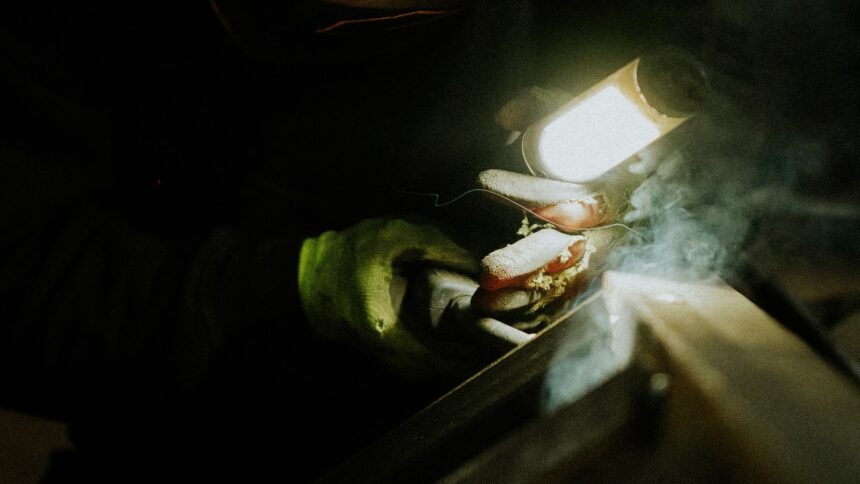Jump Start Your Credit Repair: How to Get Your Credit Score on the Right Track
Having a good credit score is a foundational part of a strong personal financial profile. Unfortunately, too many people don’t realize the importance of maintaining good credit until it’s too late. Whether you need to increase your credit score to buy a home, take out a loan, or even to get a job, credit repair is a great way to start. In this article, we’ll discuss the basics of credit repair and how you can get your credit score on the right track.
Assess Your Situation and Review Your Credit Report
The first step in credit repair is understanding where you stand and what actions you need to take. You can start by getting a free copy of your credit report from one of the three major credit bureaus. This report will contain your credit history including account balances, payment information, and any negative entries that are impacting your score. Take some time to review the report and understand what actions you can take to improve your credit score.
Dispute Inaccurate or Unfair Credit Entries
Once you’ve reviewed your credit report, take a close look at any negative or inaccurate entries. If the entries are accurate and based on missed payments or delinquent accounts, they may be difficult to dispute. However, if you find any entries that appear to be wrong or unfair, it’s worth looking into disputing them. You can typically do this yourself through either the credit bureau or the company that reported the information.
Bring Current Your Past-Due Accounts
If your credit report shows any past-due accounts, it’s important to focus on bringing them current as soon as possible. This can be done by making a payment on the outstanding balance or negotiating with the lender for a payment plan. Either option will help to improve your credit score and put you on the road to credit repair.
Pay Down Your Balances and Consider Debt Consolidation
High levels of debt relative to your income will hurt your credit score, so paying down your balances is important. You can also consider debt consolidation or other options to help you pay off your debt more quickly. There are many services out there that can work with you to structure a payment plan that works for you and your finances.
Maintain Good Habits and Monitor Your Credit
Once you have taken steps to repair your credit, it’s important to maintain good habits and monitor your credit moving forward. This means making all payments on time, staying within your budget, and reviewing your credit reports often. With some discipline and dedication, you can build a strong credit history and keep your credit score on the right track.

